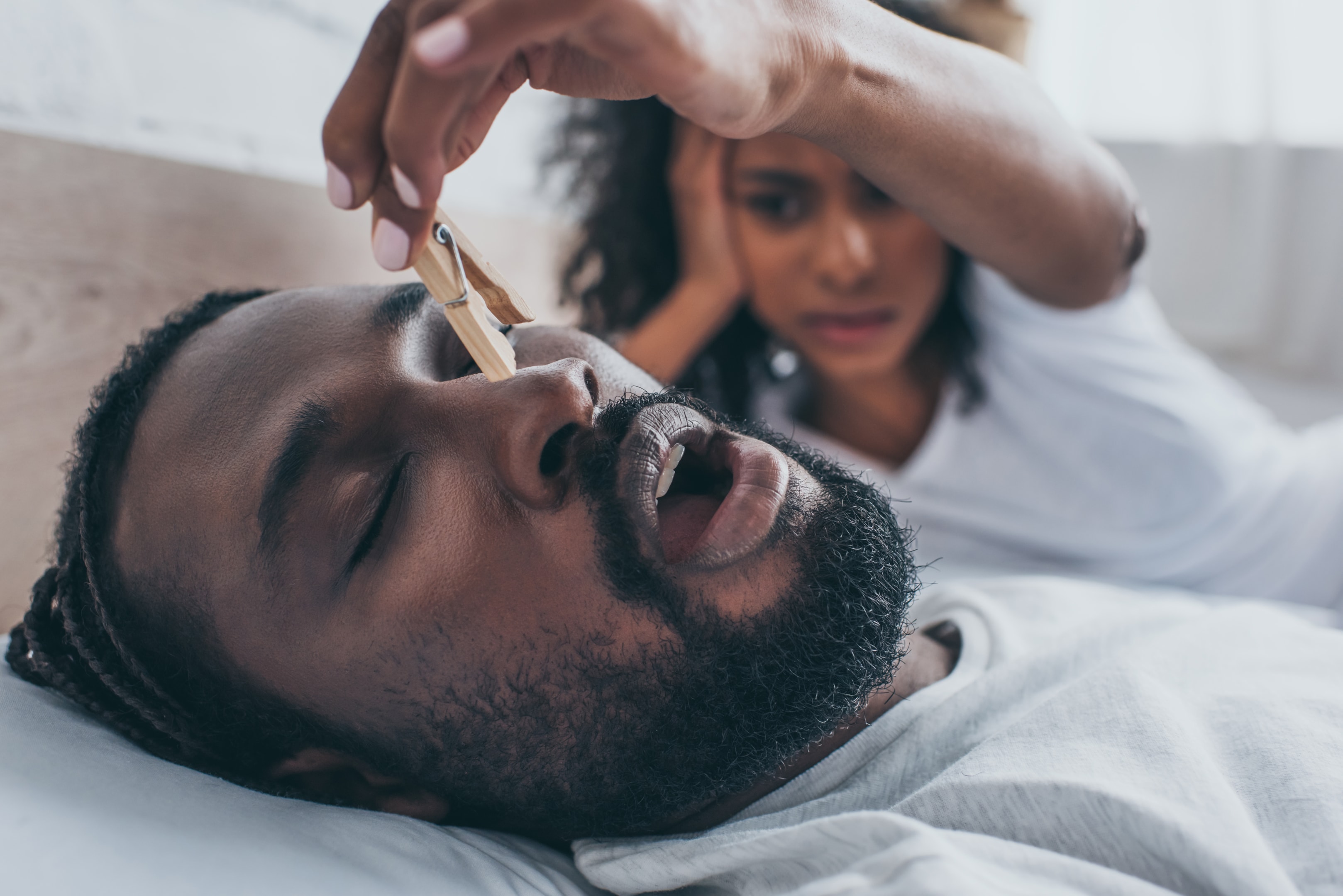Have you ever wondered “do I have sleep apnea?” because you’re always tired despite clocking in a full night’s sleep? Or maybe you’ve been told you snore loudly?
These could be signs pointing towards sleep apnea, a sleep disorder that often goes unnoticed but can significantly impact your health and quality of life. Recognizing sleep apnea symptoms, such as daytime fatigue, loud snoring, and breathing irregularities during sleep, is crucial for early diagnosis and treatment.
Let’s delve into what sleep apnea is and why it’s essential to consider it. We’ll also discuss what the diagnosis and treatment process entails, and specifically how the skilled oral surgeons at South Calgary Oral Surgery can help you regain restful nights. If you’ve ever asked yourself, “do I have sleep apnea?”, this guide is here to provide answers.
What Is Obstructive Sleep Apnea?
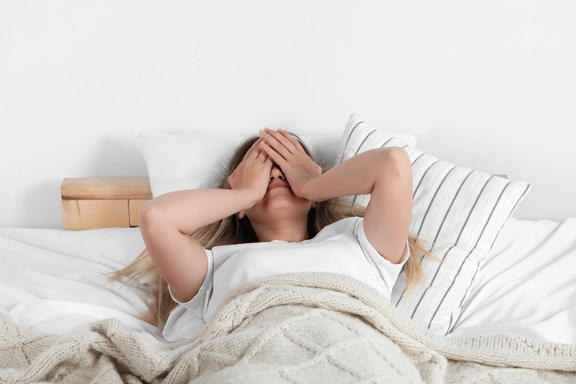
Obstructive sleep apnea (OSA) is the most common type of sleep apnea. While there is no cure for sleep apnea, various treatments can help manage the condition and reduce the severity of apnea events.
If you’ve ever found yourself lying awake wondering, “do I have sleep apnea?”, understanding this condition can help you take the next steps toward relief.
Unmasking the Silent Disruptor
Sleep apnea is a condition characterized by repeated interruptions in breathing while sleeping. These interruptions can last from a few seconds to minutes and may occur multiple times an hour.
The most common type of sleep apnea is obstructive sleep apnea (OSA), which occurs when the muscles at the back of your throat are unable to keep the airway open.
People who suffer from OSA might frequently ask, “do I have sleep apnea?”, especially when experiencing symptoms like snoring or choking during sleep.
Why It Matters
When breathing pauses, it signals the brain to wake you up briefly to reopen the airway, disrupting your sleep cycle.
This leads to fragmented sleep and poor sleep quality, even if you don’t fully wake up or remember these interruptions. Over time, this lack of restorative sleep can leave you fatigued, raising the question, “do I have sleep apnea?”
Untreated sleep apnea can lead to serious health concerns like high blood pressure and other cardiovascular issues, stroke, and diabetes, making diagnosis and treatment essential.
Central Sleep Apnea
Central sleep apnea (CSA) is a less common type of sleep apnea. It occurs when the brain fails to send the proper signals to the muscles involved in breathing, causing the person to stop breathing for short periods during sleep. CSA can be caused by conditions such as heart failure, stroke, and excess growth hormone production. Understanding the underlying causes of CSA is essential for effective treatment.
Signs and Symptoms of Sleep Apnea

Sleep apnea is a serious sleep disorder where breathing repeatedly stops and starts. One of the most common signs of sleep apnea is loud snoring. However, it’s important to note that not everyone who has sleep apnea snores.
If you’re still unsure and asking yourself, “do I have sleep apnea?”, pay attention to these other symptoms that could indicate a problem.
The Telltale Signs
Recognizing sleep apnea symptoms can be challenging as they often occur during sleep. However, there are some common symptoms to watch for:
Episodes of stopped breathing during sleep, often noticed by another person
Abrupt awakenings accompanied by gasping or choking
Morning headache
Difficulty staying asleep (insomnia)
Excessive daytime sleepiness (hypersomnia)
Difficulty concentrating during the day
Irritability
Why You Shouldn’t Ignore These Signs
Ignoring the symptoms of sleep apnea can lead to severe health issues such as hypertension, heart disease, stroke, and even depression. Severe sleep apnea, characterized by more than 30 events of interrupted breathing per hour, can lead to severe complications. These complications include high blood pressure, heart disease, and decreased life expectancy if left untreated.
It’s not just about feeling tired; untreated sleep apnea can take a toll on your overall well-being. If the question “do I have sleep apnea?” persists, seeking medical advice could save your health and improve your quality of life.
Understanding Your Vulnerability
If you are experiencing symptoms of sleep apnea, it is essential to consult a sleep specialist or primary care provider for proper diagnosis and treatment. A sleep study may be necessary to determine the type and severity of sleep apnea.
Treatment options may include lifestyle changes, oral appliances, continuous positive airway pressure (CPAP) devices, or surgery. By understanding your vulnerability to sleep apnea, you can take steps to prevent or manage the condition and reduce the risk of related health problems.
Diagnosing Sleep Apnea
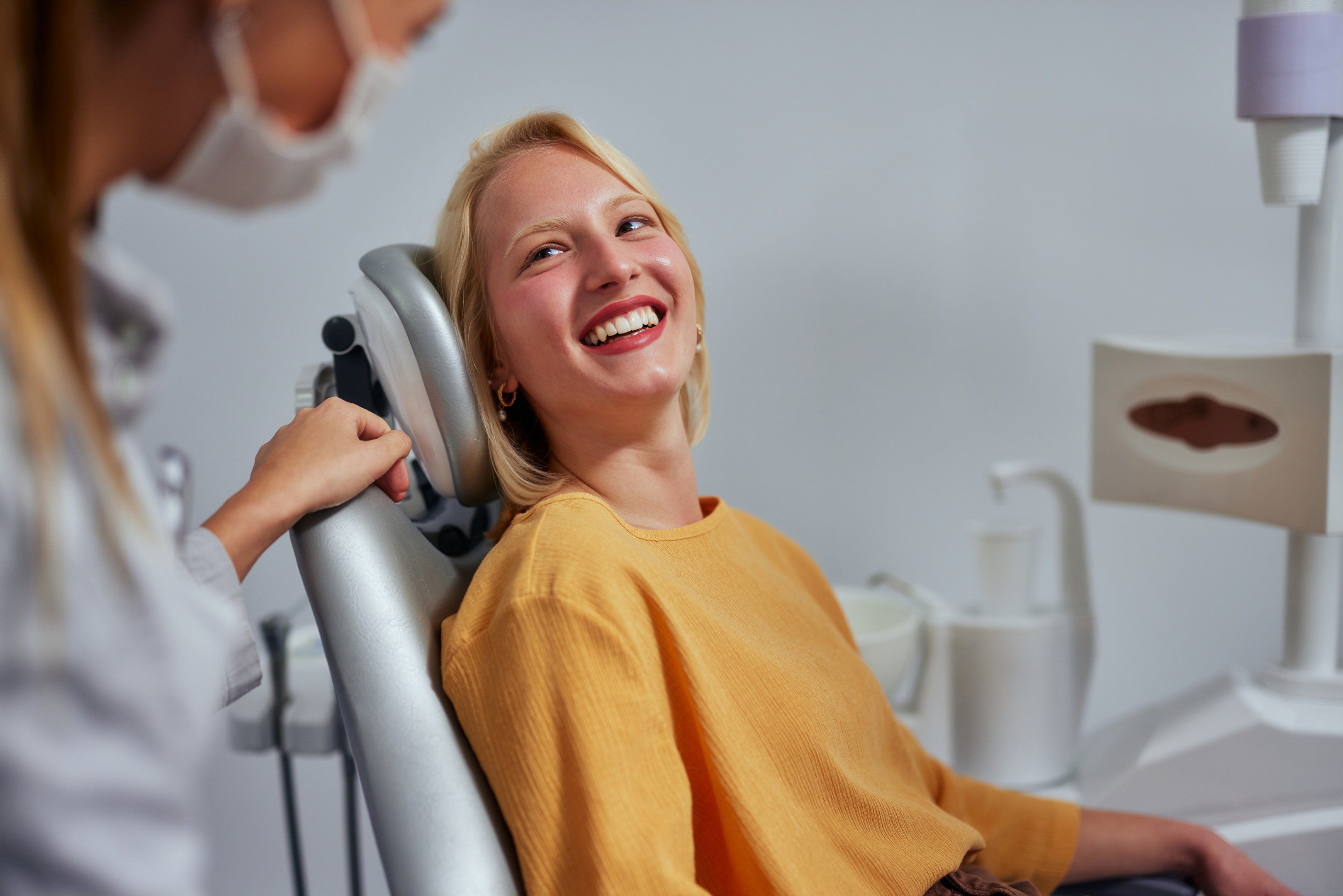
Consulting a sleep specialist is crucial for an accurate diagnosis and appropriate treatment plan.
The Path to Clarity
Diagnosis of sleep apnea typically involves a sleep study, known as polysomnography. This test can be done at a sleep center or at home with a portable device. It monitors your heart rate, blood oxygen levels, airflow, and breathing patterns throughout the night.
If the thought keeps crossing your mind, this test is the first step toward clarity.
What to Expect During a Sleep Study
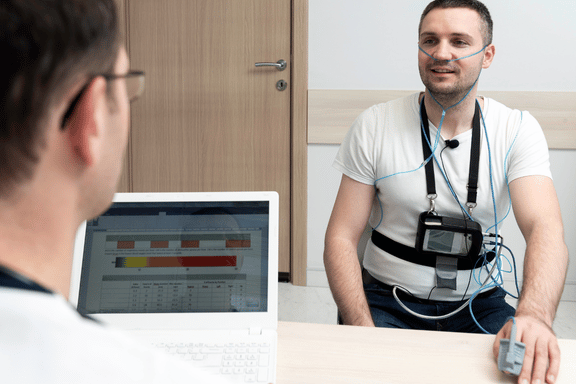
During a sleep study, sensors are placed on your scalp, face, chest, limbs, and finger to record activity. While this might sound uncomfortable, most people adjust quickly and manage to sleep.
The data collected provides a comprehensive overview of your sleep patterns and any disruptions caused by sleep apnea. If you’re questioning, “do I have sleep apnea?”, a sleep study will give you a definitive answer.
Treatment Options for Sleep Apnea
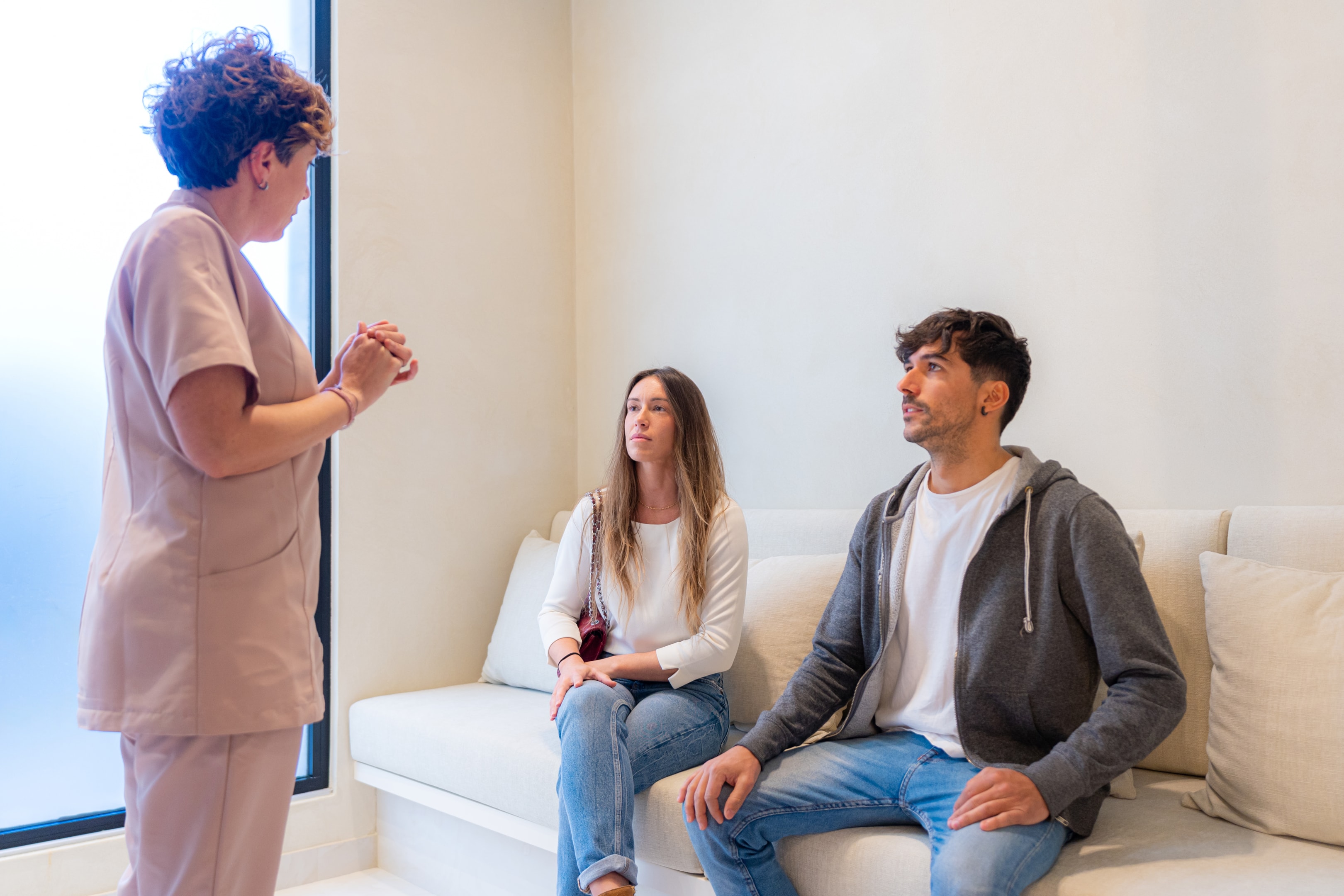
When it comes to finding ways to treat sleep apnea, there are several options available depending on the type and severity of the condition. If you’ve been asking yourself, “do I have sleep apnea?”, knowing these options can provide hope.
Exploring the Avenues
Treatment for sleep apnea varies based on the severity of the condition. How is sleep apnea treated? The approach depends on its type and severity, with effective treatments significantly reducing the frequency and severity of apnea events, leading to improvements in overall quality of life. The most common treatments include:
Lifestyle Changes: Weight loss, exercise, and avoiding alcohol and smoking can reduce symptoms.
CPAP Therapy: A machine delivers constant airflow to keep your airway open.
Oral Appliances: Custom devices reposition your jaw or tongue to keep your airway open.
Surgery: Severe cases may require surgical intervention.
The Role of Oral Surgeons in Treating Sleep Apnea
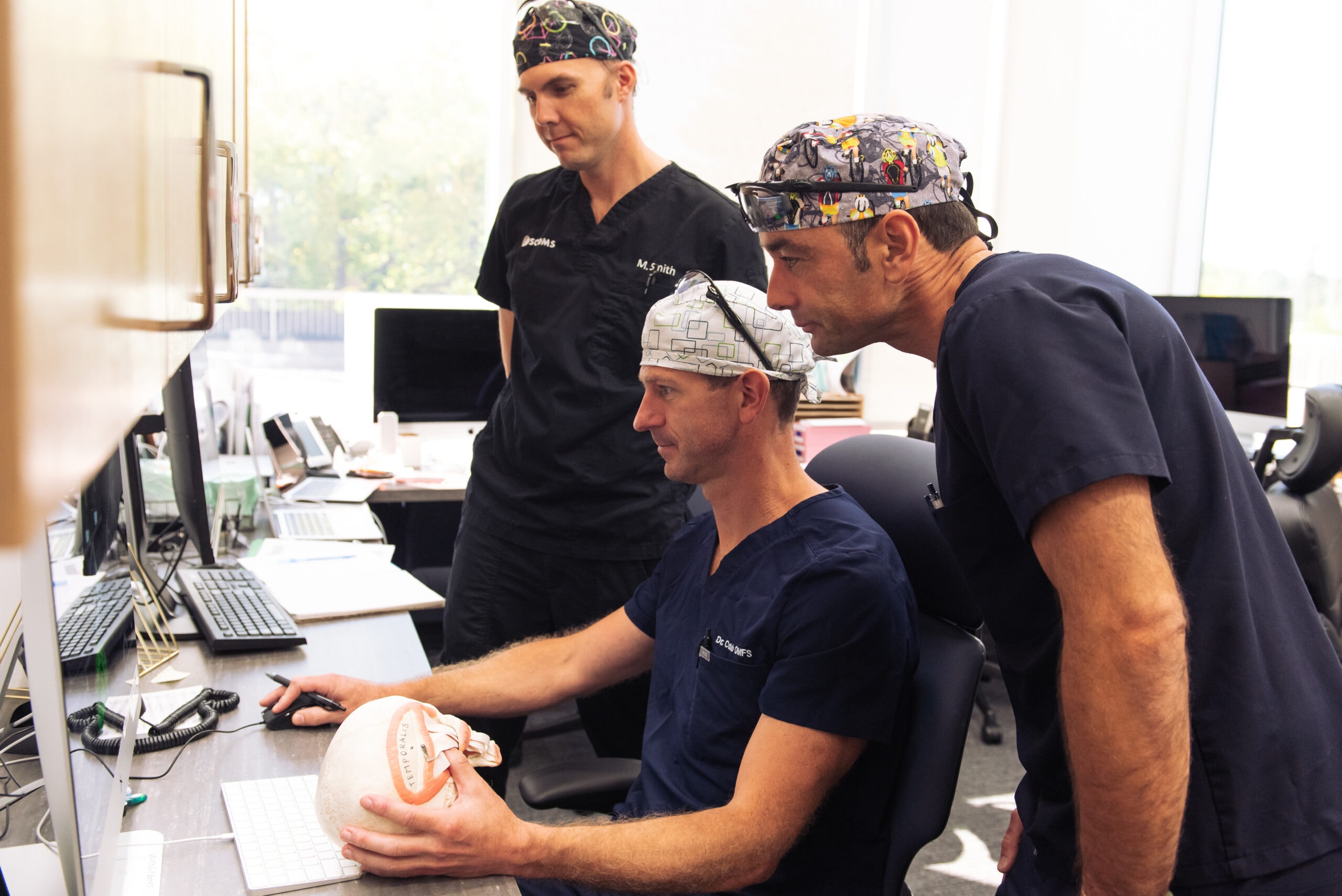
Specialized Care at South Calgary Oral Surgery
Oral surgeons play a pivotal role in the treatment of sleep apnea, especially when it comes to surgical interventions and the fitting of oral appliances. At South Calgary Oral Surgery, our team of experienced oral surgeons offers specialized care tailored to your specific needs.
Expertise You Can Trust
Our surgeons are trained to evaluate the structure of your airway and determine the most effective treatment plan. This may include minimally invasive procedures to remove obstructive soft tissue, advanced surgical techniques to reposition the jaw, or custom-fitted oral appliances for better sleep.
If the thought “do I have sleep apnea?” lingers, we can help you find clarity and relief.
Benefits of Treating Sleep Apnea

Reclaiming Your Sleep and Health
Treating this condition can lead to significant improvements in your quality of life. Benefits of treatment include:
Better sleep quality
Increased energy levels
Improved concentration and memory
Lower risk of cardiovascular diseases
Enhanced mood and overall mental health
Supporting Evidence
According to the Canadian Academy of Sleep Medicine, effective treatment of sleep apnea can reduce the risk of heart attacks by 50% and strokes by 30%. If you’re wondering, “do I have sleep apnea?”, these benefits are worth exploring.
Conclusion

Sleep apnea is a serious condition that can significantly impact your health and quality of life. Recognizing the symptoms and seeking diagnosis are the first steps toward reclaiming restful nights and better health.
At South Calgary Oral Surgery, our dedicated team of oral surgeons is here to guide you every step of the way, offering specialized care and expertise to help you breathe easy and sleep soundly.
Take the first step toward improved health by scheduling a consultation today. Your journey to a better night’s sleep starts here

